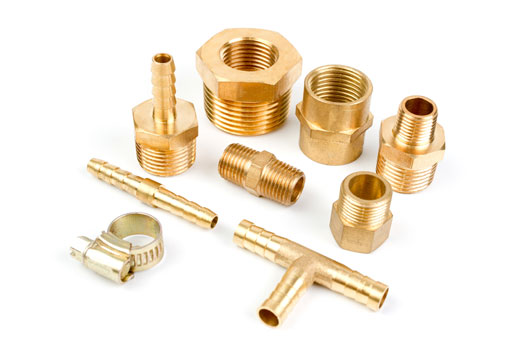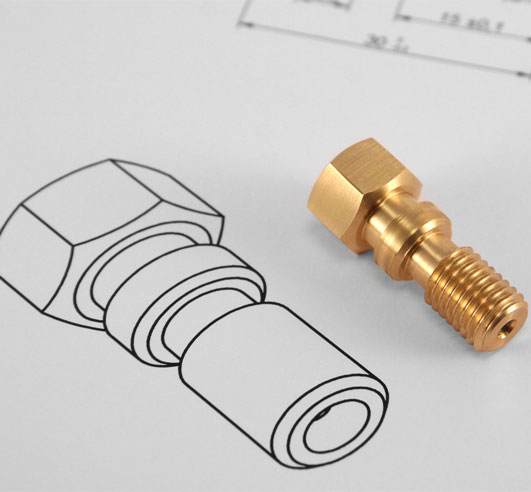Craftsmanship, innovation, and precision define the world of CNC brass components. From humble beginnings in simple mechanical systems to today's intricate computer-driven parts for the aviation, medical, and automotive industries, CNC brass components are integral to modern manufacturing processes. In this blog post, we will delve into the critical factors that make up a comprehensive CNC brass components price list. Remember, understanding these factors equips you with the knowledge to make more informed decisions when procuring these essentials. So let's dive in!
Understanding Brass and Its Advantages in CNC Machining
Before we go any further into the pricing aspect, let's take a brief detour to understand why brass is so prevalent in CNC components. Brass is an alloy made primarily of copper and zinc. It's highly favored in CNC machining due to its numerous benefits including malleability, resistance to corrosion, and excellent thermal conductivity. As a bonus, the golden aesthetic of brass also offers a visually pleasing appearance. Now, moving onto the pricing of these essential CNC brass components.
Component Complexity
A significant factor in the cost of CNC brass components is the complexity of the component design. More complex parts require more machine time, more tooling, and hence, a higher price. For instance, intricate or unconventional shapes, tight tolerances, undercuts and internal holes, all entail advanced machining operations that can drive up the cost.
Quantity
Like many other manufacturing processes, CNC machining also abides by the economies of scale – meaning larger production runs tend to be more cost-efficient per piece. Companies often offer tiered pricing, where the price per unit decreases as the batch size increases.
Raw Material Costs
The price of brass on the global metal market is another determinant of the CNC component cost. Fluctuations in the base price of copper and zinc -- the primary elements of brass -- can affect the cost significantly.
Tooling and Setup Fees
The cost of creating custom fixtures or tooling for your components can sometimes surpass the cost of the actual machining processes. Some manufacturers may charge a one-time setup fee, while others would spread the cost across the overall project.
Finish Type
The type of finish required on the component will also impact the price. From simple deburring to more sophisticated finishes like anodizing, these procedures invariably add to the costs due to added process time and resources.
Geographical Location and Economic Factors
CNC machining isn't immune to global economic events and market trends. Factors such as import-export regulations, trade tariffs, and the economic stability of the manufacturer's location can also play a crucial role in the cost of your CNC brass components.
Post-Machining Processes
If your components require post-machining work such as assembly, testing, or packaging, these will be additional items on your pricing list.
There you have it! A detailed guide to all the critical factors that makeup the pricing of CNC brass components. By understanding these variables, you can strategically navigate the procurement process and negotiate better pricing with your suppliers.
Every manufacturing decision is a balance between quality, cost, efficiency, and feasibility. As you navigate the exciting domain of CNC brass components, this guide should provide valuable insight along the way!
cnc brass components pricelist







